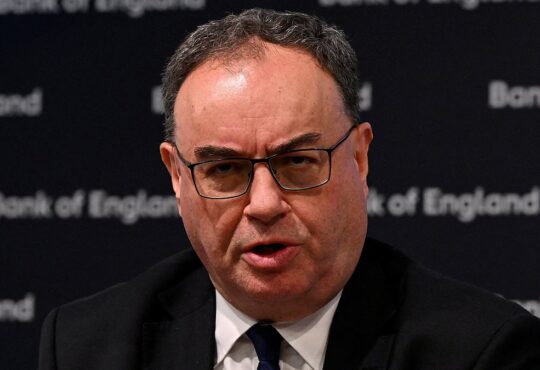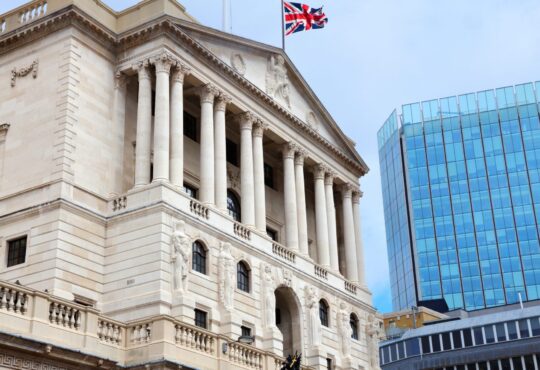
United Kingdom trade organization, UK Finance, has announced that 11 of its members are participating in an experiment focusing on the U.K. Regulated Liability Network (RLN), a platform designed to foster innovation in financial transactions.
UK Finance announced the beginning of an experimental phase focusing on the U.K. Regulated Liability Network (RLN), a common “platform for innovation” across multiple forms of money, including existing commercial bank deposits and a shared ledger for
tokenized commercial bank deposits.
“Through a collaboration of several stakeholders within the financial services industry, the UK RLN explores the options for users to make payments, transact, and settle liabilities in the increasingly digital marketplaces of the future,” UK Finance said.
The experimentation phase will focus on three primary aspects: payment-upon-delivery for a physical product, aimed at reducing fraud in online marketplaces; the process of buying a home, improving customer transparency, and mitigating conveyancing fraud; and a digital bond settlement, to connect digital customer money to digital assets.
UK Finance is a trade association for the U.K. banking and financial services sector that works for and on behalf of members “to promote a safe, transparent, and innovative financial services industry.”
Eleven of its member organizations, mostly household names in banking and payments, are taking part in the RLN experimental phase, including Barclays (NASDAQ: BCS), Citi (NASDAQ: C), HSBC (NASDAQ: HSBC), Lloyds Banking Group, Mastercard (NASDAQ: MA), NatWest (NASDAQ: NWG), Nationwide, Santander (NASDAQ: SAN), Standard Chartered (NASDAQ: SCBFF), Virgin Money (NASDAQ: CBBYF), and Visa (NASDAQ: V).
The RLN was introduced in November 2022, with a pilot running the same year. UK Finance and several of its members came together with the ‘big four’ accountancy firm EY to continue exploring the RLN concept through a ‘Discovery Phase,’ which aimed to investigate optimum use cases.
UK Finance’s RLN experimental phase, announced on April 15, will explore the functionality of these use cases in a technical sandbox, with results expected to be published after the summer.
In the experiments, the RLN would act as a financial market infrastructure (FMI), operating a shared ledger with central bank money, commercial bank money, and electronic money
on the same network, placing assets and liabilities on the same ledger and focusing on interoperability between regulated forms of money using blockchain.
“The purpose of the RLN is to create a new substrate for sovereign, regulated currencies that enables innovation around commercial bank money and is not just limited to central bank liabilities. Some of the core features of RLN would mean that it is ‘always on’, ‘programmable’ and can support ‘multi-asset’ settlement, thanks to the adoption of the distributed ledger technology (DLT),” said the UK Finance.
The ideas of ‘interoperability’ and ‘unified ledgers,’ which UK Finance seeks to explore, are hot topics in the global finance space at the moment.
In the past week alone, the Bank for International Settlements (BIS) pitched a global ‘Finternet’ powered by unified ledger technology, and the Atlantic Council published a document calling for global interoperability standards around central bank digital currency (CBDC).
Watch: Dr Mohamed Essaaidi—BSV’s scaling will change governance, banking, agriculture
New to blockchain? Check out CoinGeek’s Blockchain for Beginners section, the ultimate resource guide to learn more about blockchain technology.





